Why is my dog’s poop hard and chalky? Although hard and chalky dog poop does not always signify an imminent concern, if you find your pet’s stools are significantly lighter in colour than average, it’s worth investigating since certain animals do not normally have white feces.
Depending on the reason, you will need to make some adjustments to your pet’s diet to maintain his or her wellbeing.
Normal Dog Poop: What it Looks Like
A healthy dog’s feces can tell you a lot about their diet and overall well-being. In general, the poop of a healthy dog should be a chocolate-brown color – a result of the bile and bacteria present in the stool.
In terms of consistency, you should expect your dog’s poop to hold its form without being too hard or too soft. It should be easy to pick up and shouldn’t leave a residue. If you’ve ever heard of the term ‘segmented’, this is what vets use to describe a dog’s poop. It should be firm with clear segments that indicate good digestion.
The size and shape of the poop will depend on the size and shape of your dog but generally, it should be uniform and log-shaped, with a size proportionate to the amount of food your dog consumes.
The odor, although not pleasant, should be mild and not overly foul. Extremely stinky poop could suggest some health issues.
Lastly, a healthy stool doesn’t have any visible traces of mucus, blood, worms, or foreign objects. Any changes in your dog’s poop, including it turning hard and chalky, should prompt a consultation with a vet.
Why Your Dog’s Poop is Hard and Chalky: Possible Causes
There are some reasons dog faeces are white, including the fact that a pile left in the yard and baking in the sun would naturally turn white as it dried and degraded. However, white dog poop may also be induced by an excessive calcium intake or by ingesting non-edible products, such as a roll of paper towels.
White or grayish-colored stools may also be caused by medical problems affecting the pancreas, kidneys, or gallbladder. Mold on stools left in the yard for an extended period will even lend your dog’s faeces a white appearance. In this section, we will take a look at the possible reasons behind your dog’s hard and chalky stools:
Dehydration
When it comes to your dog’s health, hydration plays a crucial role, even in determining the consistency and texture of their poop. If your dog isn’t getting enough water, their body might react by conserving as much water as possible. One way it does this is by reducing the water content in their poop, resulting in drier, harder, and chalky stools. This could be more common during hot summer months, so always make sure your dog has easy access to fresh, clean water.
Dietary Issues
The phrase ‘you are what you eat’ applies to dogs too. What your dog consumes directly affects their poop’s appearance and consistency. A diet rich in bone content, for example, could lead to white, chalky, and hard poop. This is often seen in dogs that follow a raw food diet with a high bone component. Conversely, a diet low in fiber could also result in harder stools. Fiber is important as it helps to add bulk and softness to feces, aiding in smoother and easier defecation.
Calcium- and Mineral-Dense Diet
According to Dr. Karen Becker’s post, dogs who consume mineral-rich diets develop stools that turn bright within 24 hours and break down more quickly than brown stools. If a dog’s diet includes an excessive amount of calcium or bones, newly passing stools are often white and chalky in appearance. This occurs on occasion in dogs fed a raw diet.
Additionally, an excessive amount of calcium in the diet may result in persistent constipation. If left unchecked, chronic constipation will progress to obstipation, which renders your dog unable to defecate. If your pet has white stools, you might like to try the following:
- Reduce the amount of ground bone in a raw diet.
- One teaspoon of pure canned pumpkin per ten pounds of your pet’s weight can be used with his regular meals.
- Once or twice daily, add a half teaspoon of coconut oil to your dog’s diet.
- Additionally, you can negotiate your dog’s constipation with your veterinarian to ensure his or her comfort and prevent constipation.
Underlying Health Conditions
Just like in humans, dogs too can suffer from various health conditions that can impact their body’s functioning, including their digestion and excretion. Conditions like kidney diseases or metabolic disorders can disrupt the mineral balance in your dog’s body, leading to significant changes in the poop’s color, texture, and consistency.
Medications or Supplements
Are you giving your dog any medication or supplements? These could also be behind the changes you’re noticing in their poop. Substances that contain calcium or iron, for instance, can result in chalky, hard poop. If you’ve recently started your dog on a new medication or supplement and notice these changes, it’s worth discussing this with your vet.
Consumption of Inappropriate Products
Dogs are infamous for consuming items they are not supposed to. When eaten in significant quantities, inappropriate materials such as paper goods may lighten the colour of your dog’s stools and even cause them to look grey or white.
To address this question, aim to restrict your pet’s access to foods other than his daily diet. For instance, hold the bathroom door closed to prevent him from reaching the tissue roll, and store tissue boxes on a shelf.
Using unwanted objects may be a one-time occurrence brought about by curiosity or frustration, but if it persists, the dog might have an illness known as pica.
In this situation, it’s better to contact a doctor who will screen your dog for underlying problems that contribute to PICA and manage your dog with medicine, rehabilitation, or a mixture of the two.
Home Remedies For Constipation
Along with canned pumpkin and coconut oil, below are several other constipation treatments to try:
- Assure that the dog receives enough water and drinks daily.
- Increase his water quality by using canned dog food in his diet.
- Increase his amount of exercise since this would aid in his defecation.
- Include dog-specific probiotics in his normal diet.
- Feed your dog food that has a higher percentage of fiber.
- Combine a quarter teaspoon of ginger and a half cup of broth (chicken or beef) in a small bowl and add them to his meal.
- The amount of olive oil in a dog’s food should not exceed half a teaspoon per meal.

Health Risks Associated
Pancreatic Issues
Exocrine pancreatic insufficiency is a disease in which the pancreas may not contain enough digestive enzymes, resulting in the formation of clay-colored stools in dogs. Typically, this condition is managed with therapy and dietary changes.
Liver Problems
Grayish-white stools, a lack of appetite, weight loss, and jaundice are all symptoms of liver diseases caused by a lack of enzymes or bile intake. There are only a few indicators that the liver is malfunctioning.
Different examinations, including a blood chemistry chart, full blood count, and bile acid examination, will be performed by a veterinarian to assess the correct diagnosis. A recovery strategy will be determined accordingly.
Bile Duct Obstruction
Another risk is bile duct obstruction. The liver produces and stores bile in the gallbladder before it is released into the small intestine by a small duct to facilitate digestion.
When the bile duct is blocked, the stools look light grey rather than brown due to a shortage of bile. This disease is handled due to the underlying illness or accident, including the use of drugs or interventions to alleviate the restriction.
How to Prevent and Treat Hard and Chalky Poop in Dogs
As a dog parent, you play a significant role in your pet’s well-being, and that includes their digestion and bowel movements. With the right steps, you can both prevent and treat hard and chalky dog poop. Here’s what you can do:
Hydration, Hydration, Hydration
Water is crucial to your dog’s overall health, particularly for healthy digestion and defecation. Ensure your dog always has access to fresh and clean water, especially during hot weather or after a lot of physical activities. You could also consider wet food options to increase water intake if your dog doesn’t drink water often.
Balanced Diet
Maintaining a balanced and healthy diet is key to good digestion. Ensure your dog’s diet includes enough fiber to facilitate regular, soft bowel movements. Also, review your dog’s diet for any high-bone-content meals or potential allergens that may harden the poop.
Regular Exercise
Exercise is a natural stimulant for the digestive system. Regular, appropriate physical activity can help your dog maintain regular bowel movements and avoid constipation, which often results in hard and chalky poop.
Monitor Medications and Supplements
Be observant about how any new medications or supplements may affect your dog’s digestion and excretion. If you notice changes after starting a new regimen, consult your vet immediately.
Regular Vet Check-ups
Regular vet visits can help catch any potential health issues early before they become severe and harder to treat. Discuss with your vet any concerns about your dog’s poop, diet, or overall health.
Take Note of Your Pet’s Stools
Stools will reveal a great deal about your dog’s fitness. Generally, whether they are brown and well-formed, there is no need to be concerned. Whether your dog’s feces is white or dark, it’s time to do some study.
Take a sample in a sealed plastic bag and bring it to your veterinarian for testing. You can spot a health condition early on until it becomes a severe problem.
FAQs

Are certain dog breeds more prone to hard and chalky poop?
Some dog breeds may be more susceptible to digestive issues due to their genetic predispositions. However, it’s essential to remember that diet, hydration, and overall care play a crucial role in your dog’s digestive health.
Can weather conditions affect my dog’s poop consistency?
Yes, during hot weather, dogs can get dehydrated quicker, potentially leading to harder stool. Ensure your dog stays adequately hydrated, especially in hot conditions.
My dog’s poop has been chalky for several days but he seems fine otherwise. Should I be worried?
Any persistent change in your dog’s poop can be a sign of an underlying issue. If your dog’s poop remains chalky for more than a couple of days, it’s recommended to consult with your vet.
Can changes in my dog’s routine or environment cause hard and chalky poop?
Yes, changes in routine or environment can cause stress in dogs, which can in turn affect their digestion and result in harder, chalkier poop.
Can puppies have hard and chalky poop?
Yes, puppies can also experience hard and chalky poop. Puppies, especially, need a balanced diet and proper hydration. If you notice persistent changes in your puppy’s poop, consult with your vet.
Should I avoid giving my dog bones due to the risk of hard and chalky poop?
While bones can contribute to harder stool, they can also provide benefits like mental stimulation and dental health. It’s about finding a balance. Always supervise your dog when they’re gnawing on a bone and opt for safe, dog-appropriate choices.
How quickly can a diet change improve my dog’s poop consistency?
It depends on various factors including the dog’s metabolism and the extent of the changes made. You might start seeing improvements within a few days. However, remember to introduce dietary changes gradually to avoid upsetting your dog’s stomach.
What are some dog-friendly sources of fiber I can include in my dog’s diet?
Pumpkin, sweet potatoes, and green beans are all good, dog-friendly sources of fiber. However, always introduce new foods gradually and in moderation, and check with your vet before making significant changes to your dog’s diet.
Can over-the-counter medications treat my dog’s hard and chalky poop?
It’s critical to consult with a vet before giving your dog any over-the-counter medications intended for humans. Some human medications can be harmful or even deadly for dogs.
Does age affect the consistency of a dog’s poop?
Yes, as dogs age, they may experience changes in their digestion and bowel movements. Always keep an eye on your senior dog’s poop consistency and report any persistent changes to your vet.
Wrapping Up
Understanding the significance of your dog’s stool condition can be the key to early detection and prevention of various health problems. So, when you notice something like hard and chalky poop, it’s crucial not to dismiss it as a mere irregularity. While it could be as simple as dietary imbalance or dehydration, hard and chalky poop can also indicate more serious health issues such as indigestion or underlying illnesses.
If you’re noticing a pattern of hard, chalky poop, take steps to adjust your dog’s diet and ensure they’re staying adequately hydrated. However, if these symptoms persist, it’s time to consult your vet. Don’t let embarrassment or squeamishness keep you from discussing your dog’s poop with their vet – it’s an important part of understanding their overall health and well-being.
By being observant and proactive, you’ll be able to provide the best care for your furry friend, ensuring their days are filled with tail wags, play, and good health. Your dog’s poop might be a gross topic, but it’s one worth discussing for their welfare.

















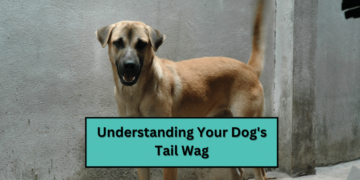

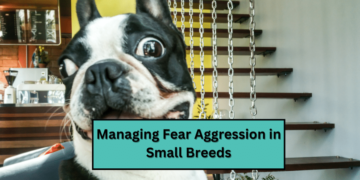



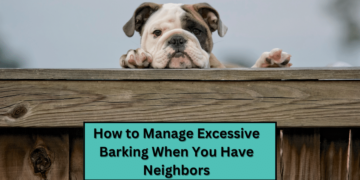




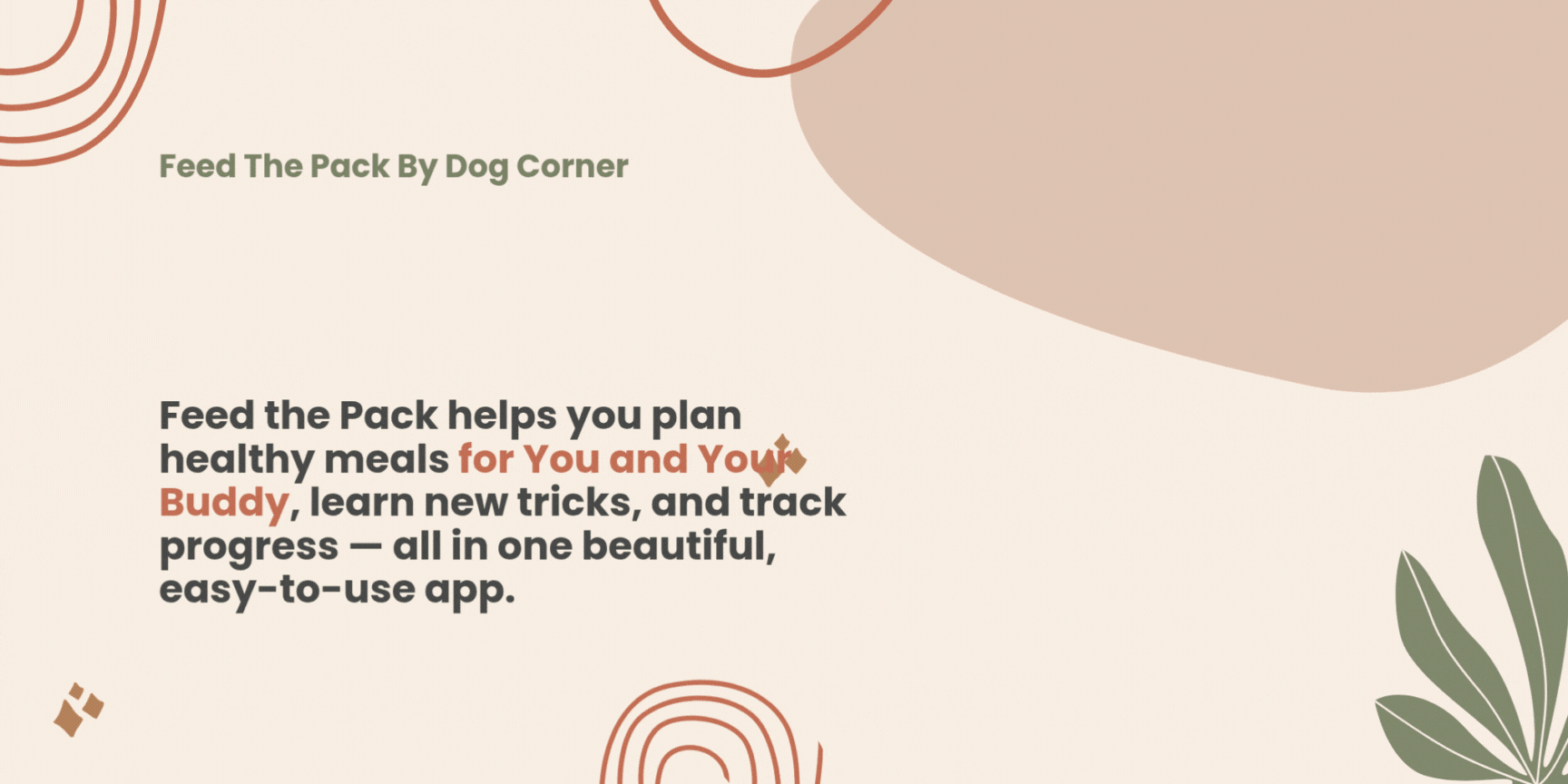





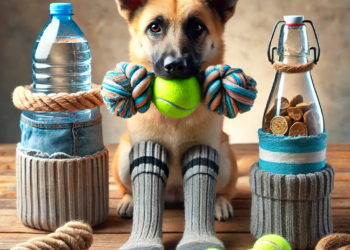



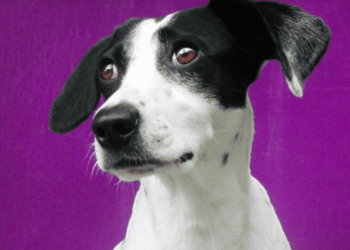











Discussion about this post